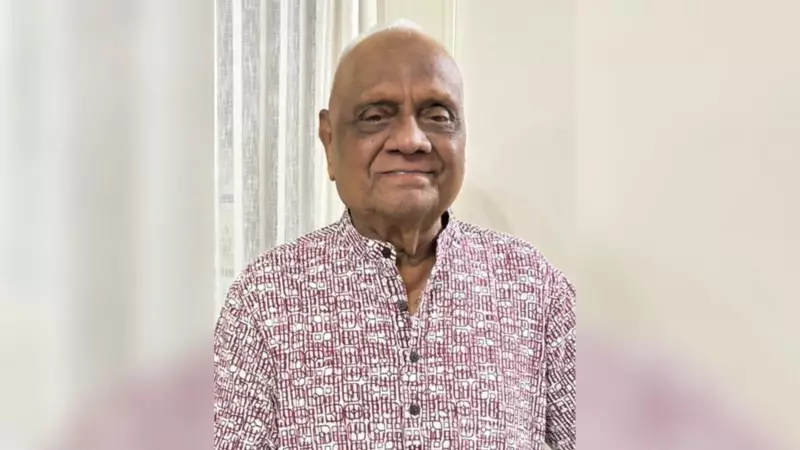
The prolonged rule by an administrator over India's richest municipal body, the Brihanmumbai Municipal Corporation (BMC), and other civic bodies for nearly three years has been labeled as scandalous and shameful by D M Sukthankar, a former State Chief Secretary and the first-ever administrator appointed to run the BMC in 1984.
A Democratic Aberration
In an exclusive interview, Sukthankar expressed deep concern over the extended supersession of elected corporators, stating that such a long period of administrator rule is absolutely contrary to the democratic functioning of local self-government. He emphasized that this situation should be viewed as a very unfortunate aberration that must be prevented at virtually any cost.
With municipal elections finally scheduled to be held in a few months after this unprecedented three-year gap, Sukthankar highlighted the severe impact on civic decision-making. Major projects and significant policy decisions have faced continuous postponement due to the absence of an elected body, ultimately affecting citizens who rely on efficient local governance.
Leading by Example: The 1984 Precedent
Reflecting on his own tenure as BMC administrator in 1984, Sukthankar outlined a principled approach that respected democratic norms. He revealed that during his term, he consciously avoided making any major project decisions, long-term policies, or significant financial commitments involving large expenditures or tax alterations.
I genuinely felt that such decisions ought to be taken only by the elected body, in true conformity with the spirit of democratic functioning, Sukthankar stated. He ensured transparency by meticulously recording all his decisions in statutory minutes, clearly indicating they were taken under the administrator's authority rather than by elected representatives.
Maintaining Independence and Transparency
When questioned about potential government interference in an administrator's decisions, Sukthankar asserted that during his term, no conscious effort was made by the state government or ministers to interfere with his functioning. He attributed this to his reputation for not succumbing to pressure and considering every proposal solely on its intrinsic merits.
Regarding transparency during administrator rule, Sukthankar emphasized that the only effective method is making oneself more approachable and accessible to the public. He shared his personal practice of meeting citizens almost daily to address grievances related to ward-level issues or administrative neglect.
Urgent Call for Timely Elections
As Mumbai prepares for long-awaited municipal elections, Sukthankar issued a crucial warning for the future. I feel if you really mean business and if the politicians are alert, it will ensure that elections will be held in a timely manner, he stated firmly.
The former chief secretary recommended that administrator rule should not extend beyond one year under any circumstances, as prolonged rule fundamentally contradicts the democratic spirit of India's Constitution. He expressed bewilderment at why the current administrator's rule has lingered for three years or more, describing the situation as quite shameful.
Sukthankar concluded that the fundamental principle must be clear: The administrator should not take decisions that ought to be left to public representatives. He stressed that postponement of elections should remain an exception rather than becoming a norm, and it is entirely feasible to hold elections well within a year if there is sincere political will.






